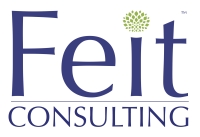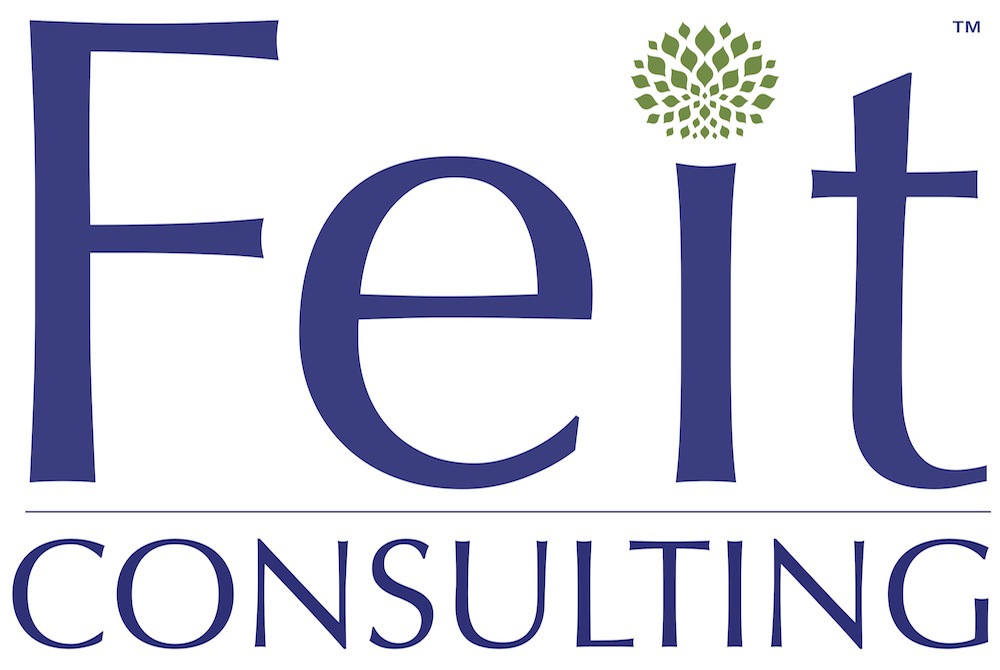By
Michael Feit
|
Best Practices ,
Librarians
Consider the value of using Linkedin, the largest professional network, as a tool in the modern library arsenal for both research and professional development.
Locate expert witnesses. Both Lexis and Westlaw have robust expert-witness information tools, but LinkedIn can supplement that research. In the general search box, type “expert witness” and select people with the skills, which will pull up a listing of expert-witness profiles. You can then narrow your search by keyword, location, industries, etc., to help you find relevant profiles. In most cases, they will have a profile photograph. In addition, you can usually see their connections to better gauge if there might be a conflict of interest in hiring them.
Build your professional network. Add your colleagues, associates, and clients. Stay apprised of your connections’ updates, position changes, and work anniversaries. Need an introduction at a company or firm? Search for the company to see if you have any first-degree connections, and ask them for an introduction.
Perform due diligence on individuals. Many .aw librarians assist with performing background checks on potential clients and new employees. LinkedIn can be an important tool in that process. Depending on an individual’s content and volume of activity, you might gain powerful insights. Don’t forget to consider the candidate’s online recommendations, featured skills and endorsements.
Professional Development. LinkedIn is one of the easiest ways to stay abreast of the latest trends and news in your field and beyond. Follow companies, associations, and thought leaders/influencers to ensure your feed is full of relevant updates to keep you in the know.
Competitive Intelligence. Follow a company’s personnel announcements and highlighted new product features and introductions. Examine job postings for company growth. Don’t overlook LinkedIn for intel on private companies. By examining the number of employees listed and their titles and positions within their profiles, you can develop core insights into hard-to-find data.
Determine who the employees were at a certain time in history. Have you been asked to find out who was working at a company or organization during a particular time period? Use the general search feature and filter by “past companies”, which will focus on all employees who worked at a particular entity. You can then cross-check the dates on individual profiles to determine who worked at the company during that time.
Join groups or create your own. Follow group conversations and chime in. This is a great way to showcase your expertise and contribute to the law librarianship field. If you don’t have LinkedIn Premium, join groups! This is a great workaround to be able to send free messages to people on LinkedIn within the same group that you aren’t connected to. There is a limit. You are only allowed to send 15 free 1:1 group messages to fellow group members each month. And if you create a group, group managers can send up to one group announcement per week to members who have chosen to receive such emails. Groups are also a great place to advertise job openings.
Client Development. Follow your firm’s top clients and any prospective clients to keep on top of any news they share via LinkedIn. Furthermore, receive alerts when they are mentioned in news articles. Monitoring client activity underscores LinkedIn’s worth as a cost-effective current awareness tool.
Identify contacts. Search for a company, and see a listing of employee profiles. You will be able to do a keyword search (title, first name, location, etc.) of all of its employees who have LinkedIn profiles.
Pull clean copies of an individual’s profile. Need to pull clean copies of profiles for a case, interview, or upcoming meeting? When you are in an individual’s profile, simply click on the three small dots to the right of the profile and click “save to PDF”. You can download this clean PDF, which contains a person’s educational background and work experience. Please note that this will not include the person’s profile picture.
Create and share content. Share updates, photos, interesting articles or write your own. Use hashtags to optimize your user audience (e.g., #lawlibrarians). Hashtags are indexed by the social network and become searchable/discoverable by others.
Use LinkedIn Jobs. Need to post a library position? You can pay by setting a daily average budget, and you will only be charged for the number of job views you receive. Even if you aren’t in the job market, the job descriptions in job postings can give you ideas on how to innovate within your own organization. Have you had the same job title for the past 20 years? Maybe it’s time for a change. Job postings can give you great ideas.







